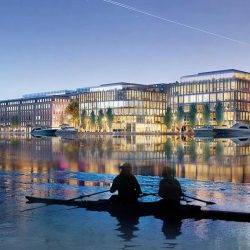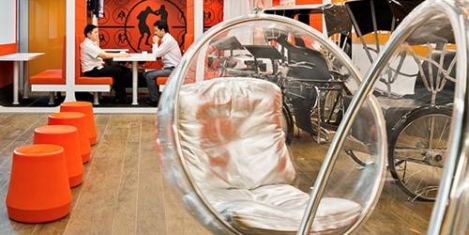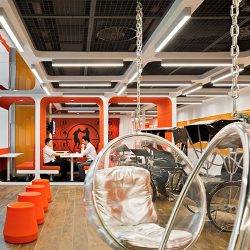To provide the best experiences, we use technologies like cookies to store and/or access device information. Consenting to these technologies will allow us to process data such as browsing behaviour or unique IDs on this site. Not consenting or withdrawing consent, may adversely affect certain features and functions.
The technical storage or access is strictly necessary for the legitimate purpose of enabling the use of a specific service explicitly requested by the subscriber or user, or for the sole purpose of carrying out the transmission of a communication over an electronic communications network.
The technical storage or access is necessary for the legitimate purpose of storing preferences that are not requested by the subscriber or user.
The technical storage or access that is used exclusively for statistical purposes.
The technical storage or access that is used exclusively for anonymous statistical purposes. Without a subpoena, voluntary compliance on the part of your Internet Service Provider, or additional records from a third party, information stored or retrieved for this purpose alone cannot usually be used to identify you.
The technical storage or access is required to create user profiles to send advertising, or to track the user on a website or across several websites for similar marketing purposes.
 Wrike has published a report From Positivity to Productivity: Exposing the Truth Behind Workplace Happiness (registration), which claims to offer new insights on what makes employees happy in a rapidly changing, digital workplace. The report sets out to challenge what it says are common myths about levels of happiness at work. The happiest employees – those that identify as being “elated” with their job – report diversity is above average in their workplace and say “doing meaningful work” is the most critical factor in their happiness, ranking even higher than compensation. (more…)
Wrike has published a report From Positivity to Productivity: Exposing the Truth Behind Workplace Happiness (registration), which claims to offer new insights on what makes employees happy in a rapidly changing, digital workplace. The report sets out to challenge what it says are common myths about levels of happiness at work. The happiest employees – those that identify as being “elated” with their job – report diversity is above average in their workplace and say “doing meaningful work” is the most critical factor in their happiness, ranking even higher than compensation. (more…)
















 Accountancy has joined the
Accountancy has joined the 


















May 1, 2019
Your company has a culture, whether you have designed one or not
by Jonathan Richards • Comment, Workplace
(more…)